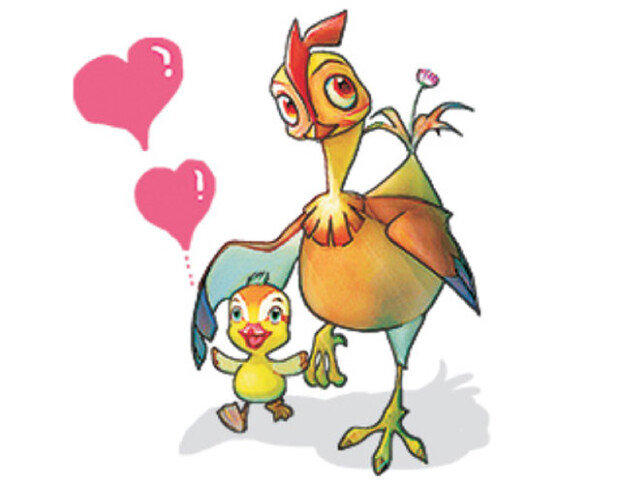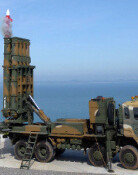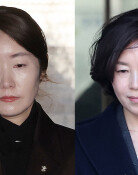Hen’s maternal love
Hen’s maternal love
Posted June. 02, 2021 07:29,
Updated June. 02, 2021 07:29

Sometimes a work is received differently than its creator’s intention. Writer Hwang Sun-mi’s “The Hen Who Dreamed She Could Fly” is an example. The writer intended to write a story about a hen who did not achieve what she wanted to do yet continued to think about her life and make her best efforts – even though she did not get to have it all at the end. She was surprised that her readers are focusing on the maternal love of a hen. It is inevitable though as the meaning of a work is formed by readers. A writer is just another reader once her work is published.
In fact, it is not wrong to say that the novel’s topic is maternal love. A hen who was disposed of by a chicken farm sat on a duck egg and became a mother. It wasn’t the egg she laid herself but it is her baby as she brooded risking her life. The hen resembles people who raise adopted children and become a mother to them until they are ready to explore the world on their own. No, it’s more than that. The hen offered herself to a weasel after she safely sent the duck away. “Yes, you can eat me. So that your babies don't starve,” she said. She sacrificed for her child in her lifetime and gave her body away for the weasel’s babies at the end. It is not surprising that readers – all of them being somebody’s child or parent – are moved by the novel.
However, there is something else we are trying to avoid while reading the book. It is the violence of humans. Who is the protagonist hen? She was stuck in a cage laying eggs all year round and dumped with other dead hens when she could not lay eggs anymore. Humans that raise such hens and other animals are depriving them of the basic right to bear young. How are humans much different from the weasel in the novel as they accept the value of maternal love yet deprive other creatures of it? The weasel is stuck in a food chain but humans are in a different position. In this aspect, “The Hen Who Dreamed She Could Fly” is an uncomfortable read reminding people’s violence. Regardless of the writer’s intention, it is the novel’s strength and depth to have such ethical uncomfortableness in the background.







